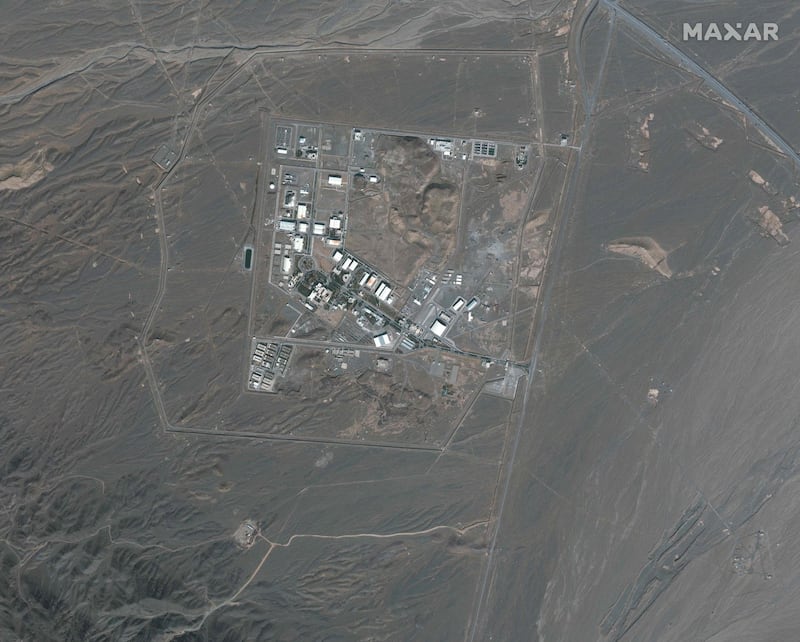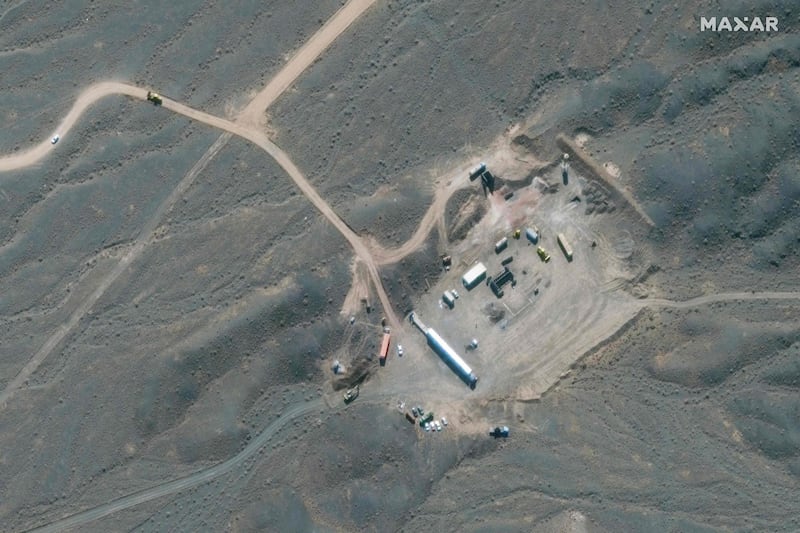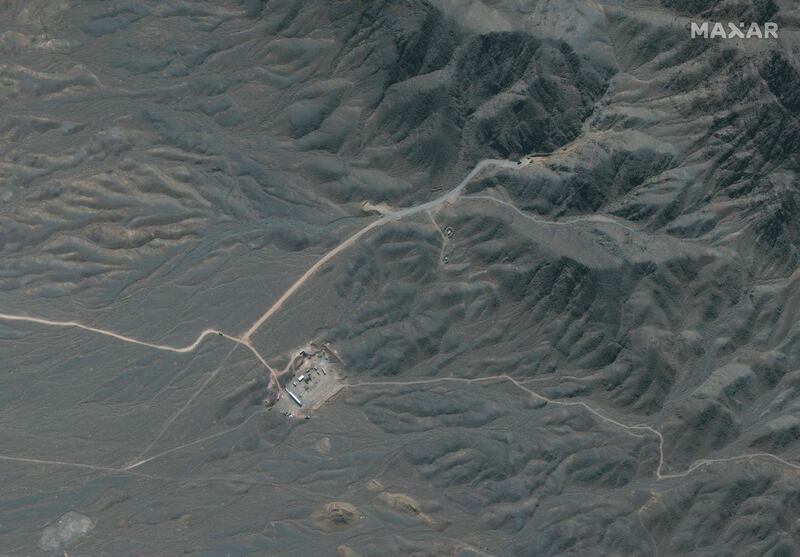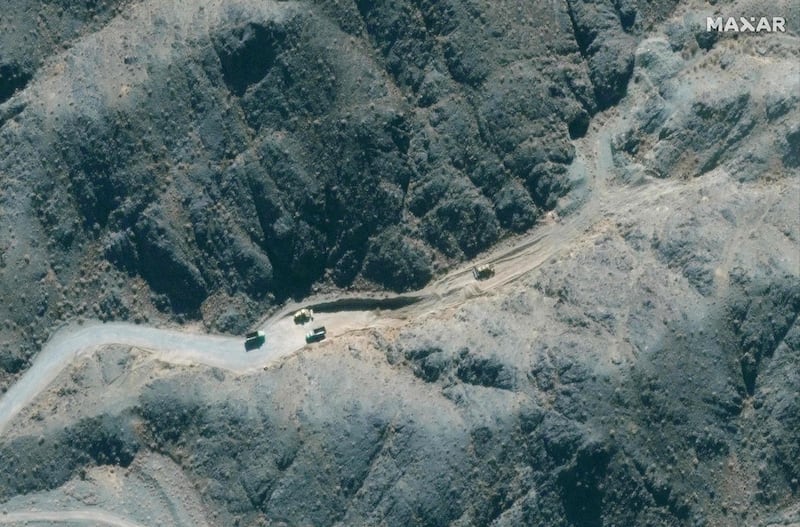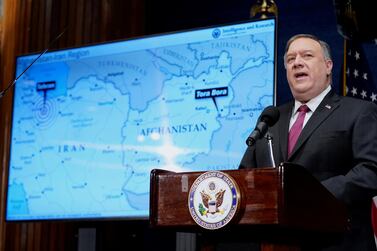Britain and Germany said they were “deeply concerned” after Iran’s latest breach of the 2015 nuclear deal took it a step closer to being able to develop atomic weapons.
Tehran said it has started developing uranium metal-based fuel, a sensitive material that can be used in the core of a nuclear bomb and is specifically banned in the 2015 accord with world powers, known as the Joint Comprehensive Plan of Action (JCPoA).
Germany said it was “overdue” that Iran return to full compliance with the JCPoA and called on it to show it wanted to uphold the deal.
A spokesperson for Britain’s Foreign, Commonwealth and Development Office echoed the statement from Berlin. “We are deeply concerned by Iran’s latest move to produce uranium-metal fuel," the official said. “This is a further step in Iran’s continued and systematic non-compliance with its nuclear commitments under the [deal]. There is no justifiable civilian need for this. Iran must return to compliance if it is serious about preserving the deal."
German diplomats said Tehran must not undermine its previous commitments at this time. “We are deeply concerned by Iran’s announcement to start the production of uranium metal. This sends the wrong signal entirely, and will not contribute to building confidence between the parties," the foreign ministry said.
“All remaining JCPoA participants have underlined their commitment to preserve and to fully implement the agreement. Also the future US administration has shown its readiness to return to the JCPoA.
“If Iran really wants to uphold the JCPoA, it must not further undermine its key commitments. It is overdue that Iran return to full compliance. We remain in close contact with all JCPoA partners, including regarding the latest developments,” they added.
The UN’s nuclear watchdog, the International Atomic Energy Agency, said its director Rafael Grossi had “informed IAEA member states about recent developments regarding Iran's plans to conduct R&D activities on uranium-metal production as part of its declared aim to design an improved type of fuel for the Tehran Research Reactor”.
Iran's ambassador to the IAEA, Kazem Gharibabadi, said the activities were related "to the design of an improved type of fuel".
"Natural uranium will be used to produce uranium metal in the first stage," he added.
The EU referred The National to a statement earlier this week, which said it deeply regretted "the worrying steps taken by Iran over the last two years and recall that the EU has repeatedly called on Iran to reverse all actions that are inconsistent with Iran's JCPoA commitments".
Iran has also recently begun enriching uranium to 20 per cent, a level it last reached before the 2015 deal.
Tehran began breaching the terms of the deal in 2019 after US President Donald Trump withdrew from the deal in 2018 and renewed sanctions on Iran.
But Tehran has accelerated its breaches of the deal in recent months and is pressing for the US to remove sanctions.
US president-elect Joe Biden, who takes office next week, said he wants to return his country to the international deal, but only if Iran returns to full compliance.
It comes as officials from France, Germany and the UK, known as the E3, are reportedly visiting countries in the Arabian Gulf to discuss the nuclear deal before Mr Biden's inauguration.
The E3 has repeatedly tried to save the nuclear deal and pledged to preserve it.
